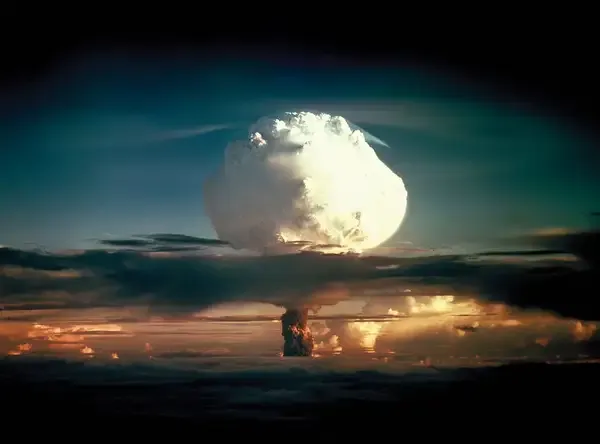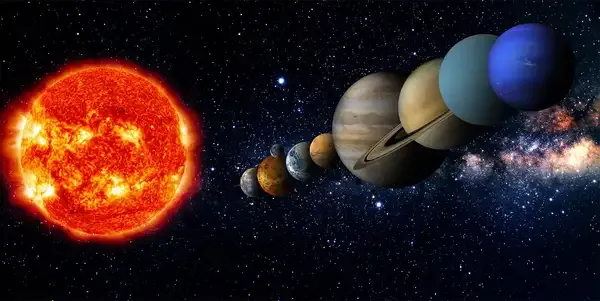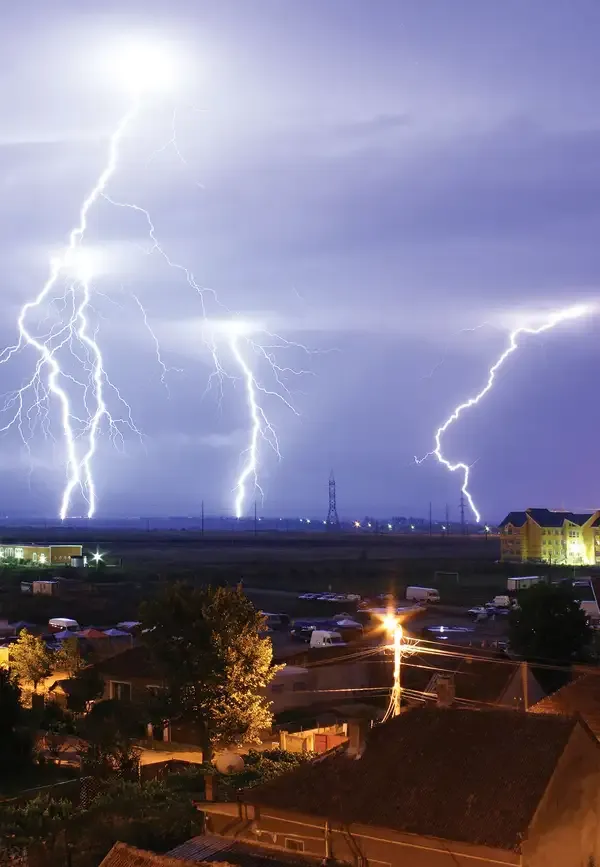- Home >
- Science
- > Technology
The Anthropocene Epoch: Adding Humans to the Chart of Geologic Time
The Anthropocene Epoch is a proposed period in geologic time that highlights the significant impact humans have had on Earth's geology and ecosystems. It suggests that human activities, particularly since the Industrial Revolution, have altered the planet to such an extent that they warrant a distinct epoch in the geologic time scale. This concept underscores the profound changes in climate, biodiversity, and landscapes due to urbanization, pollution, and resource exploitation, marking a departure from natural geological processes.

The Anthropocene Epoch is a term that has gained significant traction in recent years as scientists and environmentalists seek to define the profound impact humans have had on Earth’s geology and ecosystems. This new geological epoch emphasizes the role of humans as a dominant force shaping the planet, making it essential to integrate this concept into the geologic time scale.
Understanding the Anthropocene Epoch
The term "Anthropocene" was popularized by Nobel Prize-winning chemist Paul Crutzen and biologist Eugene Stoermer in 2000. It signifies the period during which human activities have become the primary influence on climate and the environment. Unlike previous epochs, the ''Anthropocene Epoch'' is characterized by significant alterations in Earth’s geology and ecosystems due to human actions, such as industrialization, urbanization, and deforestation.
Defining the Start of the Anthropocene
One of the central debates surrounding the ''Anthropocene Epoch'' is determining its starting point. Some scientists propose that the epoch began in the late 18th century with the onset of the Industrial Revolution, marked by increased carbon emissions and fossil fuel consumption. Others suggest that the beginning can be traced back to earlier events, such as the agricultural revolution or even the colonization of the Americas, which led to significant changes in land use and biodiversity.
The chart below illustrates the timeline of geological epochs, highlighting the proposed start of the Anthropocene:
| Geologic Time Scale | Epoch | Approximate Time Frame (Million Years Ago) |
|---|---|---|
| Phanerozoic Eon | Cenozoic Era | 0 |
| Quaternary Period | 2.6 | |
| Holocene Epoch | 0.0117 | |
| Anthropocene Epoch | ~1750-Present |
The Impact of Humans on Earth
The ''Anthropocene Epoch'' has been marked by various human-induced changes that have left a lasting impact on the planet. Some of the most significant factors include:
- Climate Change: The burning of fossil fuels has led to an increase in greenhouse gas emissions, resulting in global warming and changing weather patterns.
- Deforestation: Large-scale logging and land conversion for agriculture have resulted in habitat loss, threatening countless species and reducing biodiversity.
- Urbanization: The rapid growth of cities has altered landscapes, created pollution, and increased resource consumption, further contributing to environmental degradation.
- Plastic Pollution: The proliferation of plastics has led to widespread pollution in oceans and ecosystems, posing a threat to wildlife and human health.
Recognizing the Anthropocene in Scientific Discourse
As the ''Anthropocene Epoch'' becomes more widely acknowledged, it is essential for scientific discourse to adapt. Researchers across various fields are exploring the implications of this new epoch, leading to interdisciplinary studies that incorporate geology, ecology, sociology, and economics.
For instance, climate scientists are investigating the long-term effects of human-induced climate change, while ecologists study the impacts of habitat destruction on biodiversity. Additionally, social scientists examine how human behavior and policy decisions can mitigate or exacerbate environmental challenges.
Implications for Future Generations
The recognition of the ''Anthropocene Epoch'' carries significant implications for future generations. It calls for a reevaluation of our relationship with the environment and emphasizes the need for sustainable practices. By understanding the scale of our impact, we can develop strategies to mitigate harm and foster a more harmonious coexistence with nature.
This epoch serves as a reminder that our actions today will shape the Earth for millennia to come. It urges us to consider the long-term consequences of our choices and to prioritize ecological health in our decision-making processes.
Conclusion: Embracing the Anthropocene
The ''Anthropocene Epoch'' represents a critical turning point in Earth's history, one that necessitates a collective understanding of human responsibility towards the planet. By incorporating this epoch into the geologic time scale, we acknowledge the significant role humans play in shaping the Earth’s future.
As we navigate the challenges of the Anthropocene, it is essential to foster an environmental ethic that prioritizes sustainability, conservation, and respect for all living organisms. This shift in perspective will be pivotal in ensuring a balanced and thriving planet for generations yet unborn.












